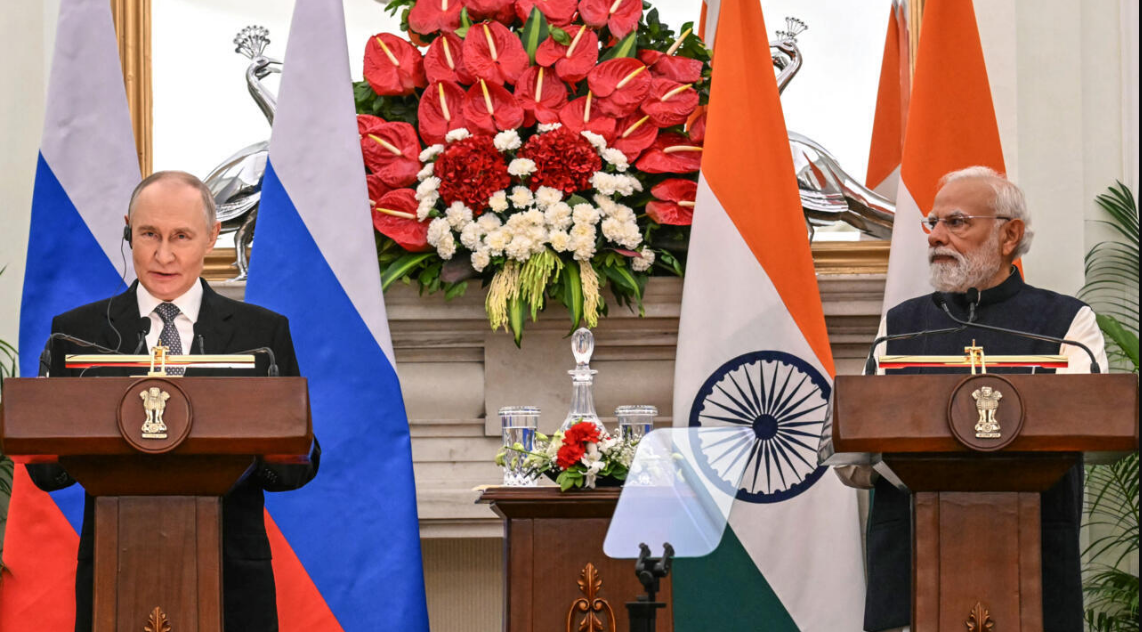
External Affairs Minister S. Jaishankar dismissed speculation of a nuclear escalation between India and Pakistan following India’s retaliatory strikes under Operation Sindoor, stating the countries were “very, very far away” from such a scenario.
In an interview with Germany’s Frankfurter Allgemeine Zeitung, Jaishankar emphasized that India’s response after the Pahalgam terror attack was precise, measured, and solely targeted terrorist infrastructure in Pakistan. The strikes, launched on May 7, came after the April attack that claimed 26 civilian lives in Jammu and Kashmir.
“At no point was a nuclear level reached,” he said. “There is a narrative that every India-Pakistan incident leads to a nuclear crisis. That narrative, frankly, encourages terrorism.”
Operation Sindoor involved drone and missile strikes on nine locations in Pakistan-controlled territory and ended after four days when Pakistan reportedly sought a ceasefire. Jaishankar credited the Indian military’s decisive action for forcing Pakistan to back down.
The minister also criticized Pakistan’s support for terrorism, calling it “a business supported, financed, and organized by the state and military.” He pointed to the UN terror listings, noting the clear presence of terror groups operating from within Pakistani cities.
Addressing questions about international involvement, Jaishankar denied any foreign mediation in halting the hostilities. “The cessation of firing was agreed between military commanders directly. I thank the Indian military,” he stated.
On China’s role, he noted that Pakistan used Chinese-origin weapons and hinted at the deep ties between the two nations. “You can draw your own conclusions,” he said.
When asked about India’s differing stance on the Russia-Ukraine conflict compared to Europe, Jaishankar emphasized that Indian priorities revolve around its own regional threats—Pakistan, terrorism, and China—rather than distant conflicts.
“The world is no longer a comfortable place,” he concluded, advocating stronger India-Germany ties based on mutual respect and strategic autonomy.





